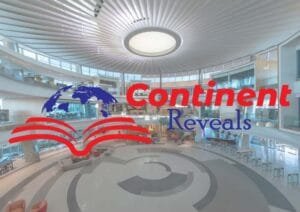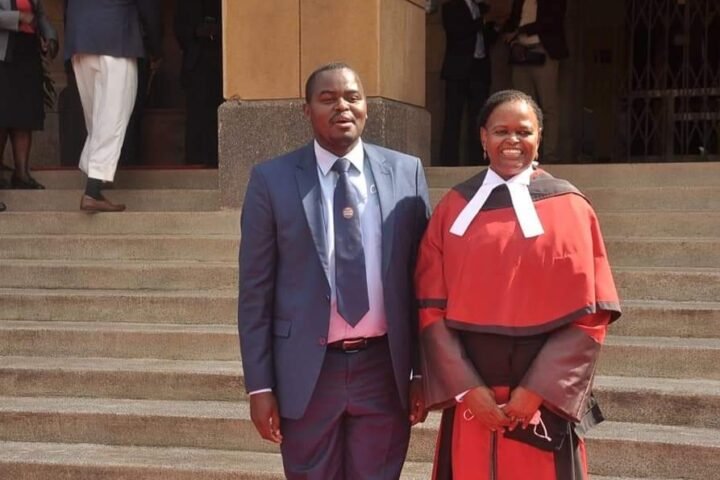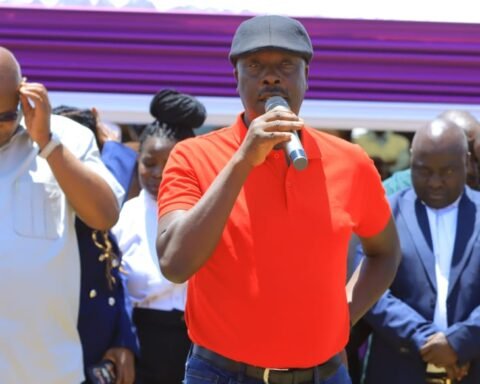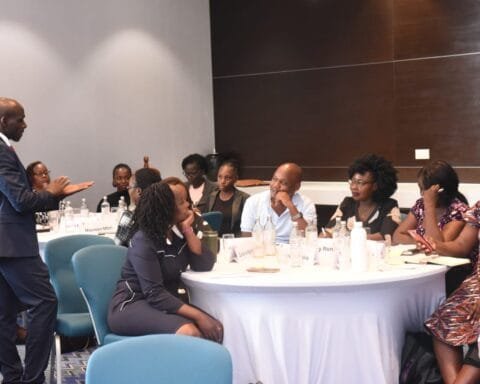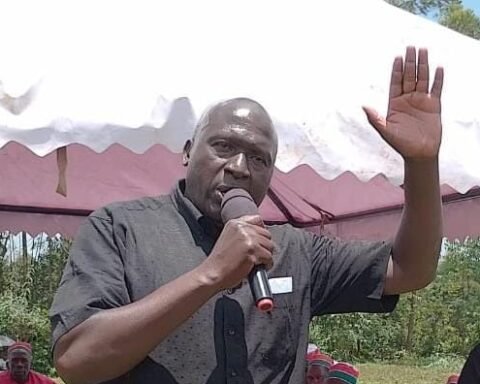The arrival of Israeli Prime Minister Benjamin Netanyahu in Washington has sparked a whirlwind of protests, culminating in a dramatic sit-in at a congressional office building that resulted in multiple arrests. The demonstrations reflect a deep divide in public opinion, with some condemning Israeli policies and others urging Netanyahu to secure a cease-fire and address the ongoing hostage situation with Hamas.
The Protests
Netanyahu’s visit to Washington has become a focal point for widespread discontent. The protests are driven by a combination of factors, including longstanding criticisms of Israeli policies and recent escalations in the Israeli-Palestinian conflict. Historically, visits by Israeli leaders have often triggered demonstrations, reflecting the contentious nature of U.S.-Israel relations and the broader Middle Eastern conflict.
Details of the Protests
The protests have been marked by a series of high-profile demonstrations across Washington. One of the most notable incidents was a sit-in at a congressional office building, where activists demanded immediate action from U.S. lawmakers. The sit-in led to numerous arrests and was a symbol of the intense pressure being exerted on both Israeli and American leaders.
Diverse Reactions
The demonstrations have showcased a wide range of reactions. Some groups have taken to the streets to condemn Israeli actions, voicing strong opposition to the current policies and military operations. Conversely, other groups have rallied in support of Israel, urging Netanyahu to negotiate a cease-fire and secure the release of hostages held by Hamas. This dichotomy illustrates the polarized nature of the issue and the varied perspectives within the U.S. public.
The Cease-Fire Debate
A significant aspect of the protests has been the debate over a potential cease-fire. Proponents argue that a cease-fire is essential for de-escalating the conflict and addressing humanitarian concerns. Critics, however, question whether such an agreement would be effective or sustainable. Netanyahu’s response to these demands has been cautious, with a focus on balancing security concerns with diplomatic pressures. The role of Hamas in these negotiations remains a critical factor, influencing the dynamics of the cease-fire discussions.
Impact on U.S.-Israel Relations
The protests have the potential to impact the already complex U.S.-Israel relationship. The demonstrations highlight the domestic challenges facing U.S. officials as they navigate their support for Israel amid growing public dissent. Responses from U.S. politicians and officials vary, with some emphasizing continued support for Israel while others call for a more balanced approach to addressing the conflict.
International Perspective
The international community is closely watching the situation, with global reactions ranging from support for the protests to concerns about the implications for international diplomacy. Media coverage has focused on the dramatic nature of the protests and the broader context of Netanyahu’s visit, shaping how the events are perceived worldwide.
Future Implications
Looking ahead, the protests could have several implications. They may influence U.S. policy decisions and impact future diplomatic efforts related to the Israeli-Palestinian conflict. Additionally, the ongoing public pressure might affect Netanyahu’s approach to negotiations and his interactions with international leaders.
Conclusion
The protests surrounding Israeli Prime Minister Benjamin Netanyahu’s visit to Washington underscore the deep divisions and passionate responses elicited by the Israeli-Palestinian conflict. With significant demonstrations, a contentious debate over cease-fire negotiations, and varying reactions from the public and officials, the situation remains fluid and impactful. As the protests continue, their effects on both U.S. and international diplomacy will be closely observed.
FAQs
Why are the protests occurring?
The protests are driven by criticism of Israeli policies and recent escalations in the Israeli-Palestinian conflict, with some groups calling for action and others demanding a cease-fire.
What happened during the sit-in at the congressional office building?
Activists staged a sit-in to pressure lawmakers, resulting in multiple arrests and highlighting the intensity of public demand for action.
How has Benjamin Netanyahu responded to the protests?
Netanyahu has been cautious, focusing on security concerns while navigating diplomatic pressures and the demand for a cease-fire.
What are the main arguments for and against a cease-fire?
Proponents argue that a cease-fire is necessary for de-escalation and humanitarian relief, while critics question its effectiveness and sustainability.
How might these protests impact U.S.-Israel relations?
The protests could affect diplomatic relations by influencing U.S. policy decisions and shaping the balance of support and criticism towards Israel.



